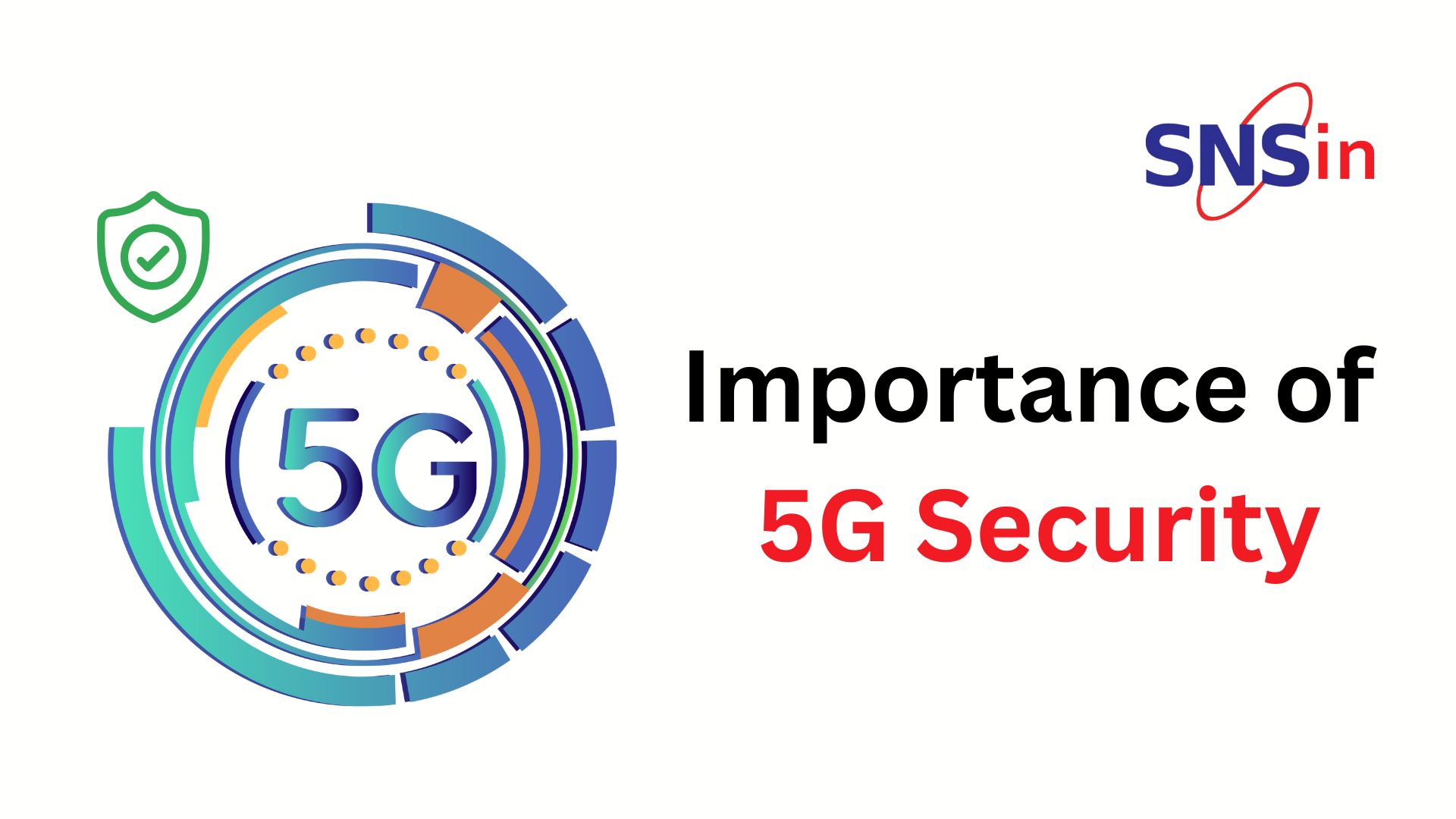Security. Global digitalization and widening opportunities to work independently have fueled the growth of the gig economy. This booming economy has opened up a whole new world of opportunity for freelancers, and those looking for a side hustle. With no signs of slowing down, the new way of working can benefit both the “gig” workers and organizations. The platform gives both companies and gig workers opportunities as they have flexibility with their schedule and workload, and companies gain access to top talent in a fast-paced, competitive marketplace. But the biggest challenge for companies is the security threat when hiring a gig worker. As gig workers get internal information related to the company, there are chancing of increasing cyber threats. Are they accessing internal data securely? How do IT teams monitor threats when these gig workers are working remotely on their own devices? Some of these few questions are forcing enterprises to think before working with gig workers. Internally, companies have developed strict security procedures for their employees and invest in expensive security systems. However, companies are losing control of any data they share with outsiders when it comes to outsourcing. The increasing occurrences of data breaches demonstrated that potential financial and reputational losses are much higher than any agreement can cover. Phishing attacks are frequent these days, and as practice shows, not even the big corporations are entirely safe from determined hackers. A leak is enough for a phishing scam to work. Also, IT security assurance gets even more complicated to maintain in freelancers and gig workers. Data Security Risk Most gig workers choose to work remotely, especially in coworking places, cafes, or places with decent wifi, where they omit to secure their devices from their to-do lists. These freelancers only invest in getting the necessary tools for work, such as computers, software, and other devices. Nowadays, it is easy for anyone with some basic technical knowledge to crack a wifi connection after watching a step-by-step tutorial on YouTube. The hackers can see anything that is sent or coming from these computers using the network. If gig workers don’t encrypt their traffic, attackers will display all their documents and files on public platform. The gig economy’s growth means companies are granting access to temporary workers that may raise the level of vulnerability to accidental disclosure, hacks, and exploitation. Concerns about Access And Control There is a minor line difference between contractors and freelancers. There is not a lot of difference; however, earlier contractors hired from a contracting firm had background checks. Unlike regular contractors with endpoint security controls, encrypted hard drives, patch management, strong passwords, the new gig economy workers do not have these controls on their systems. It’s because they are using their systems. These workers also have flexibility with their schedules and workload. Due to this, several security concerns and challenges organizations are considering- How much access do freelancers have to sensitive information? Are they accessing confidential data securely? Hiring gig workers are a risk for organizations but also benefit them from the expertise of these skilled workers in the fast-paced business environment. Freelancing On Company Time There is another twist; organizations may face security threats due to the gig economy. Full-time employees may be working in the gig economy as well. Due to work from home model, enterprises can’t keep track of their employees. There are chances that the same employees may be working for your competitor for a few extra bucks. Staff working in an office environment has a barrier to working on other company projects during the day. The LAN network security controls their limit to access an external company’s systems. However, WFH gives them a chance to work on other projects too. With the growth of the gig economy, the question arises: how will companies understand what their staff is working on at home? How will companies detect if an employee is now spending a large percentage of their time working on another company’s projects? The gig economy has given birth to a new threat to the systems that are running in the remote work environment. Securing Your Information There isn’t a perfect strategy, but companies can explore essential capabilities to manage the security from gig economy workers through Zero Trust Network Access (ZTNA). It is an active inline cloud monitoring and data protection, which helps manage access to critical resources and adjust privileges based on behavior, device, location, and sensitivity of the data. With real-time cloud monitoring and user behavior analytics, it is easier for enterprises to detect any change and prevent the movement of sensitive data. Also, implementing a cloud access service broker (CASB) solution with advanced data leakage prevention features will provide visibility and protection of your sensitive data. Conclusion It’s time to revamp your insider threat program to control threats from gig workers. You will have freelance gig workers working on your sensitive projects with access to your sensitive data, and they will also work for your competitors. Therefore, change how these gig workers access and manipulate data by limiting access to your cloud collaboration systems. Establishing tightly bound controls around your sensitive information will help to mitigate these kinds of threats. One option may be also to consider giving company laptop with robust security in place, if its feasible. About SNS: Secure Network Solutions India ( SNS ) provides a quantifiable, risk-based approach to build cybersecurity based on globally recognized frameworks and standards. Partnering with us will give your business a solution to focus on cyber threats and peace of mind. We have been protecting business since last 20 years! Write to us at [email protected]
![]()




